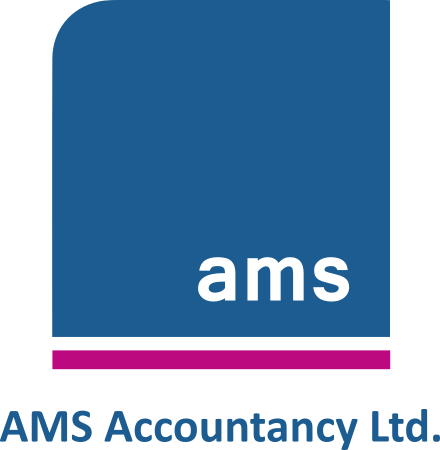Back on 11th March 2020, we had Rishi Sunak’s first budget. The tax changes were soon overshadowed by the Coronavirus pandemic and the Government measures used to support employees and businesses.
Below i have explained some of these tax changes:
Delay of IR35 in the Private Sector
One of the most significant announcements actually happened a few days after the Budget. Because of the Coronavirus, the Off-payroll Working Rules (known as IR35 in the private sector) – which were due to take effect on 6th April 2020 – will now take effect from 6th April 2021. I think it merely puts off the inevitable given the state of the public finances – and it was still too late for many freelance contractors who had already been forced to use Umbrella companies by their clients – but it was still welcomed by me and many contractor clients.
Entrepreneurs’ Relief
Entrepreneurs’ Relief is the reduced rate of Capital Gains Tax (10% instead of 20%) that applies when people sell their businesses – whether sole-traders or director/shareholders – wind up a limited company with a lump of cash in it after ceasing to trade (like some freelancer companies do). There was a lot of fear that the Government would abolish this relief on the grounds that it did not encourage entrepreneurship, but merely rewarded rich, successful entrepreneurs. As it turned out, the relief stayed – although only for the first £1m of Capital Gains in a lifetime (previously the lifetime allowance was £10m) – so for many small business owners, this was pretty good news.
Pension Allowance change
The Pension Allowance is the annual amount that can be paid into a pension scheme without suffering a tax charge. Taxpayers generally have an annual Pension Allowance of £40,000 – but this is reduced for higher earners. Up until recently, the Pension Allowance began to be reduced (potentially down to £10,000) if a taxpayer’s taxable income reached £110,000 AND their taxable income PLUS employer’s pension contributions reached £150,000. The budget has raised these thresholds to £200,000 and £240,000 respectively. This is good news for some people (e.g. someone earning £200,000) but it is still a bizarre law in that some of the few people who can afford to pay £40,000 into a pension fund are restricted from doing so.
Capital allowances on non-residential properties (Structures and Buildings Allowance – ‘SBA’)
If you build/convert a commercial property (or buy an unused one from a developer) which is used for commercial activity, you can claim capital allowances (the SBA) on the cost of the building (excluding the land) at a straight 3% per year for 33 1/3 years – once it is brought into use. Previously, for buildings constructed, and then brought into use, between 29th October 2018 and April 2020, one could claim the SBA at 2% per year – but, from April 2020, the new 3% rate applies to these buildings, too. On sale, the unused SBA can be claimed by the new owner/user of the building at the same annual rate.
3% perhaps doesn’t sound very high, but it means if a business builds (say) an office or a factory for £300,000, tax relief of £9,000/year can be claimed.
The National Minimum Wage
From 1st April 2020, the National Minimum Wage rates have increased – and for workers aged 25 or over, the rate is now £8.72/hour (and called the National Living Wage).
For other age groups, the National Minimum Wage is as follows:
21 to 24 18 to 20 Under 18 Apprentice rate
£8.20 £6.45 £4.55 £4.15
New Capital Gains Tax rules on selling a residential property
Although this was announced in a previous Budget, it is worth remembering that, with effect from 6th April 2020, if you sell a UK residential property on which Capital Gains Tax is due (i.e. not your home and not when you’ve made a loss, or a gain covered by the annual exemption), you must make a special return to HMRC within 30 days of the completion date and pay any Capital Gains Tax due.
Other tax rate changes for 2020/21:
– Unusually, neither the Personal allowance for income tax nor the Higher Rate Tax threshold has changed. The Personal Allowance for 2020/21 remains at £12,500 and the Higher Rate Tax threshold remains at £50,000.
– The annual Capital Gains Tax Allowance has increased from £12,000 to £12,300.
– The Employment Allowance (a reduction of National Insurance for employers) has increased from £1,000 to £4,000.
– The pension lifetime allowance (the amount you can have in a pension fund without a tax charge) increased from £1,055,000 to £1,073,100. This is not high enough to solve issues like Doctors leaving the NHS because the taxes on their pension funds make working no longer worthwhile.
Peter Bromiley ACA
